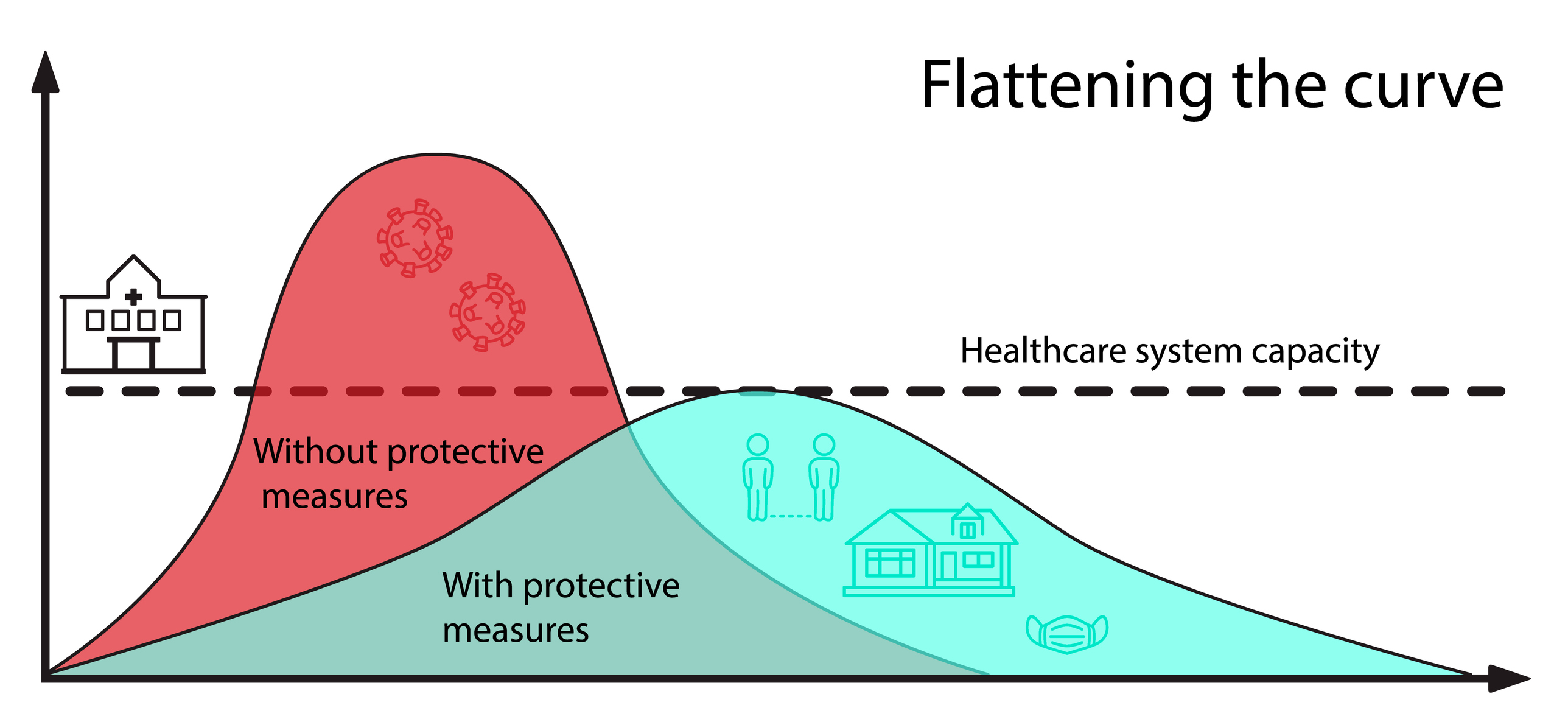The 20-minute questionnaire is being made available in 20 countries and in 40 languages and is part of a larger study survey – I-CARE (International Covid-19 Awareness and Responses Evaluation) – which looks at the effectiveness of international state measures to tackle COVID-19, across six continents.
It will also look at how varying country responses to the pandemic affect virus cases and deaths to find ways to reduce the rate of infection.
Researchers at the School of Sport, Exercise and Health Sciences (SSEHS) at Loughborough University are coordinating the UK stage of the project as well as the analysis of the results.
Part of this will include a representative survey of the UK population.
Dr Nicola Paine, who is leading Loughborough’s involvement, said: “As has already been well discussed in the media, the key to halting the rapid spread of the Covid-19 and ‘flattening the infection curve’ is public adherence to a series of preventive behavioural measures.
“We don’t know how long it might take for a vaccination to be available, so making sure we adhere to these preventive health behaviours is going to be key in helping to support and protect the NHS.
“This is a very important and timely survey, which will help us understand globally, how these measures are working as well as people’s ability to engage in them.
“We’re hoping and encouraging as many people to take part in the survey as possible.”
Professor Paula Griffiths, academic lead of Loughborough University’s global challenge in health and wellbeing said: “There has never been a time in my living memory when the public can make such a difference to our global health understanding on such a large scale.
“Taking part in this research and providing the research team with vital information about how you and your family are behaving during the pandemic will help us to link people’s behaviours to the progress of the pandemic.
“This is vitally important in providing evidence to help governments around the world, including the UK, to understand how social distancing behaviours are affecting COVID 19 cases and deaths.”

The initiative is being led by the Montreal Behavioural Medicine Centre (MBMC).
Dr Lavoie, director of the study at the MBMC, said: “This study will provide us with ongoing information about how people are responding to government messages and strategies and to identify not only what is working, but where.
“This is important to understand so that we can adapt as quickly as possible to develop new strategies to help fight the COVID-19 pandemic.”
Further information about the survey, or to take the survey, please go to: www.mbmc-cmcm.ca/covid19
Loughborough University is supporting the survey with funding from the University’s CALIBRE research fund.
ENDS
